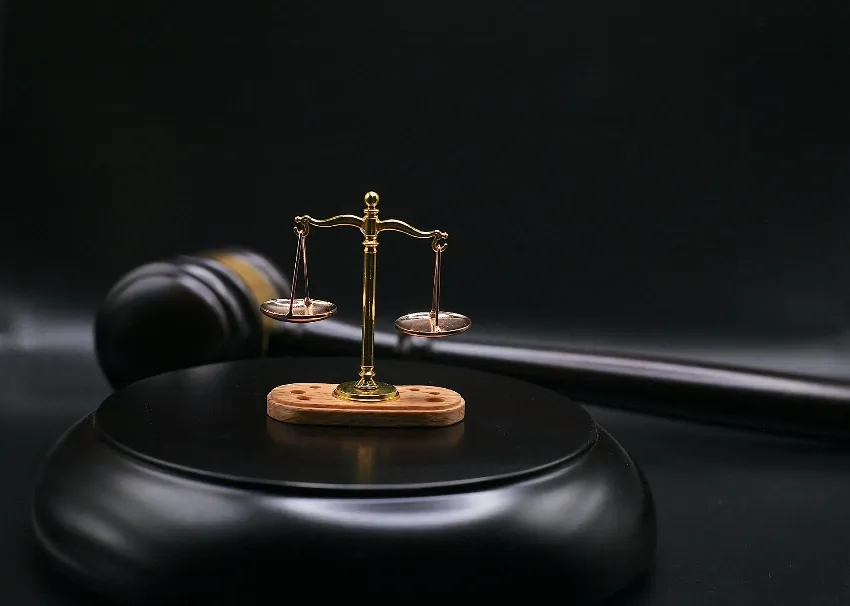Exploring Crime Law: Articles, Cases & Legal Insights
Welcome to our curated collection of articles, cases, and legal insights focusing on crime law. Stay informed and explore the latest developments in criminal justice.

Sentence No. 48511 of 2023 and Crimes of Negligence: An In-Depth Analysis
The recent ruling no. 48511 of 2023 clarifies the conditions for the configuration of the crime of landslide danger, highlighting the importance of the materialization of harm for criminal liability.

Commentary on Judgment No. 50314 of 2023: Subjective Non-Existence and Direct Taxes
Let’s analyze the recent ruling no. 50314 of 2023, which clarifies the concept of subjective non-existence in tax operations and its implications on the crime of fraudulent use of invoices for non-existent transactions.

Jurisdiction for Related Offenses: Commentary on Judgment No. 48816 of 2023
Judgment no. 48816 of 2023 clarifies the criteria for territorial jurisdiction for associative crimes with consumption that began abroad and continued in Italy, applying supplementary rules. Let's explore the meaning and legal implications.

Analysis of Judgment No. 47909 of 2023: Construction Crimes and Super SCIA
The ruling no. 47909 of 2023 by the Court of Cassation clarifies the limits of amnesty in building matters, highlighting the importance of the super SCIA and the intervention methods allowed by current legislation.

Commentary on Judgment No. 50766 of 2023: Landscape Crimes and Authorizations
Let's explore the meaning of the recent Judgment No. 50766 of 2023 concerning landscape crimes and the conditions for excluding landscape authorization for outdoor installations in protected areas.

Judgment No. 50500 of 2023: Analysis of the Boundary Between Urban and Landscape Offences.
In a recent ruling, the Court of Cassation clarified the distinctions between construction and landscape offenses in relation to work carried out in areas subject to hydrogeological constraints. Discover the legal implications of this ruling.

Commentary on Judgment No. 51260 of 2023: Legal Continuity in Cultural Criminal Law
Analysis of judgment no. 51260 of 2023 on the legal continuity between Article 639 and Article 518-duodecies of the Penal Code, in relation to crimes against cultural heritage.

Analysis of Judgment No. 51659 of 2023: Political-Mafia Electoral Exchange.
The recent ruling of the Court of Cassation provides important clarifications on the configurability of the crime of political-mafia electoral exchange, examining the notion of the material object of the exchange and the implications for Italian criminal law.

Judgment No. 48560 of 2023: Personal Favoring in the Context of Associative Crime
The analysis of the recent ruling no. 48560 of 2023 provides important insights into the configurability of personal assistance in relation to the associative crime, clarifying the necessary conditions and the distinction from complicity.

Early Release and Obstacles to Offenses: Analysis of Sentence No. 49625 of 2023.
In this analysis, we delve into ruling no. 49625 of 2023, which outlines the criteria for granting early release in cases of permanent obstructive offenses. We explore the legal and practical implications of this important decision.